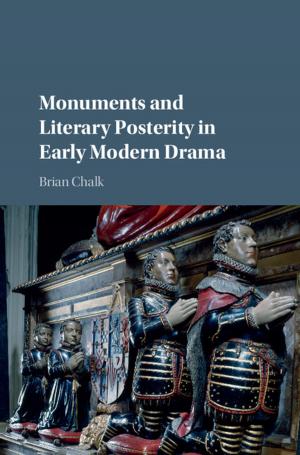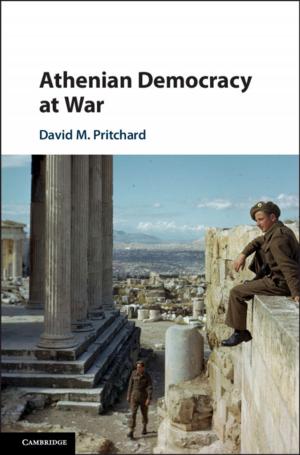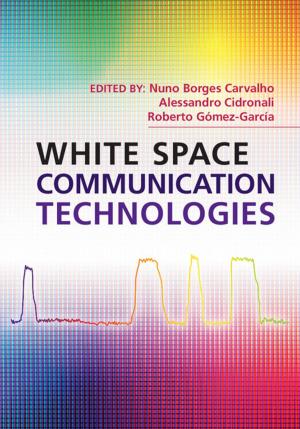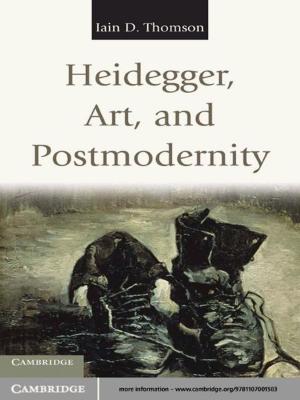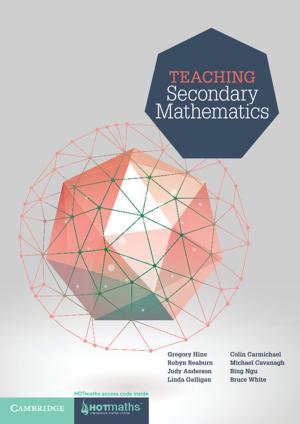Homer's Odyssey and the Near East
Nonfiction, History, Ancient History, Fiction & Literature, Literary Theory & Criticism| Author: | Bruce Louden | ISBN: | 9780511853234 |
| Publisher: | Cambridge University Press | Publication: | January 6, 2011 |
| Imprint: | Cambridge University Press | Language: | English |
| Author: | Bruce Louden |
| ISBN: | 9780511853234 |
| Publisher: | Cambridge University Press |
| Publication: | January 6, 2011 |
| Imprint: | Cambridge University Press |
| Language: | English |
The Odyssey's larger plot is composed of a number of distinct genres of myth, all of which are extant in various Near Eastern cultures (Mesopotamian, West Semitic, Egyptian). Unexpectedly, the Near Eastern culture with which the Odyssey has the most parallels is the Old Testament. Consideration of how much of the Odyssey focuses on non-heroic episodes - hosts receiving guests, a king disguised as a beggar, recognition scenes between long-separated family members - reaffirms the Odyssey's parallels with the Bible. In particular the book argues that the Odyssey is in a dialogic relationship with Genesis, which features the same three types of myth that comprise the majority of the Odyssey: theoxeny, romance (Joseph in Egypt), and Argonautic myth (Jacob winning Rachel from Laban). The Odyssey also offers intriguing parallels to the Book of Jonah, and Odysseus' treatment by the suitors offers close parallels to the Gospels' depiction of Christ in Jerusalem.
The Odyssey's larger plot is composed of a number of distinct genres of myth, all of which are extant in various Near Eastern cultures (Mesopotamian, West Semitic, Egyptian). Unexpectedly, the Near Eastern culture with which the Odyssey has the most parallels is the Old Testament. Consideration of how much of the Odyssey focuses on non-heroic episodes - hosts receiving guests, a king disguised as a beggar, recognition scenes between long-separated family members - reaffirms the Odyssey's parallels with the Bible. In particular the book argues that the Odyssey is in a dialogic relationship with Genesis, which features the same three types of myth that comprise the majority of the Odyssey: theoxeny, romance (Joseph in Egypt), and Argonautic myth (Jacob winning Rachel from Laban). The Odyssey also offers intriguing parallels to the Book of Jonah, and Odysseus' treatment by the suitors offers close parallels to the Gospels' depiction of Christ in Jerusalem.



